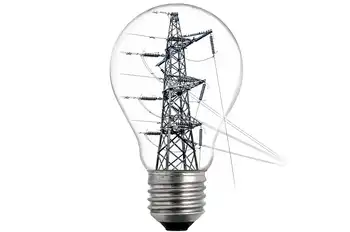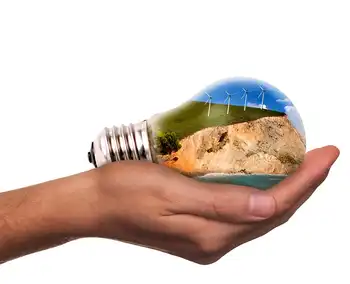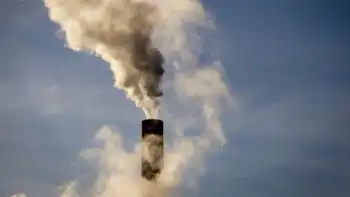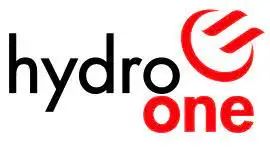Brazilian Government Confirms Threat of New Energy Crisis
Sao Paulo -- - Brazil runs the risk of facing an energy crisis by 2007 similar to the one that forced it to ration electricity sharply between 2001 and 2002, the government recently asserted.
The giant of South America could suffer severe energy shortages should its economy expand more than 5.5 percent after 2004, an evantuality which would require its taking precautions and stimulating new forms of investment in the sector, Energy and Mines Minister Dilma Roussef said.
"A shortage is one possible scenario, but it's not certain," Rousseff said at the opening of a forum on the electrical energy sector in Sao Paulo. "We work from the worst possible scenario in order to plan better."
This forecast of maximum economic growth forms part of a strategy for avoiding future risks on the basis of long-term planning, the minister said.
The new concessions for construction of electrical-generating plants are to be based on the lowest rate for consumers and not on the energy companies' earnings rates, he said.
A 2007 shortage should be avoided if all of the government's public works projects are built.
Several of these projects are behind schedule or have been dropped by developers due to delays caused by red tape and the need to obtain environmental permits.
The energy supply should be adequate until 2007, but from then on the country will run the risk of shortages and rationing anew, the Brazilian Basic Infrastructure and Industry Association (ABIIB) said.
The projects underway, which have already been put out for bid and suffered delays due to a lack of investor confidence, will allow for the yearly generation of 7,000 megawatts.
According to ABIIB estimates, Brazil needs to invest at least $4.8 billion annually through 2020 to sustain moderate economic growth and avoid rationing.
The increase in electrical generation of 5,000 megawatts per year means the country will practically have to double its current installed capacity of 90,000 megawatts.
Brazil suffered severe rationing in 2001 and part of 2002 that contributed to a cooling off of the economy, which has grown an average of 1.5 percent annually over recent years.
Related News
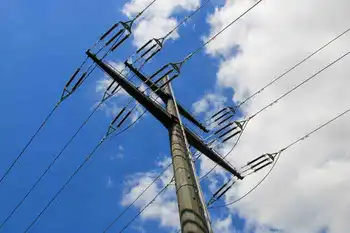
Electricity Prices in France Turn Negative
FRANCE - France has recently experienced an unusual and unprecedented situation in its electricity market: negative electricity prices. This development, driven by a significant influx of renewable energy sources, highlights the evolving dynamics of energy markets as countries increasingly rely on clean energy technologies. The phenomenon of negative pricing reflects both the opportunities and challenges associated with the integration of renewable energy into national grids.
Negative electricity prices occur when the supply of electricity exceeds demand to such an extent that producers are willing to pay consumers to take the excess energy off their hands. This situation typically arises during…

